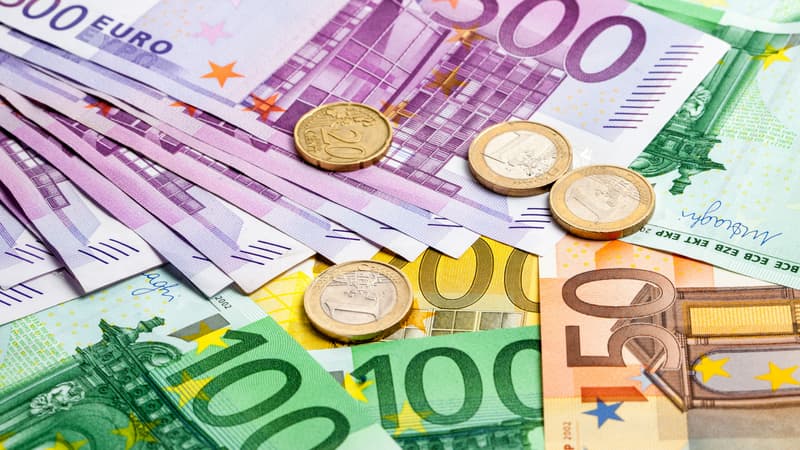“Super passbooks” that can quickly turn into “super scams”: this is the bitter experience of many netizens, victims of fake savings passbooks extracted from the Internet, according to reports 60 million consumers AND the parisian. Some victims have seen their savings skyrocket, with losses of up to more than 140,000 euros.
These brochures promise safe savings, financing the ecological transition but also and above all a regular return (for example +4% per year). In reality, unsurprisingly, these are fake passbooks, allowing criminals to recover savings deposited on these sites.
Targeted Ads on Google
And unlike the so-called classic scams that simply trick people through phishing techniques and fraudulent SMS or emails, this new scam uses a more subtle and deceptive technique: targeted advertising on Google. Thus, fake savings books sometimes appear at the top of searches when an Internet user searches for a way to save.
60 million consumers therefore, it is recommended not to click on these sponsored ads and to visit the official sites of banks. It is also advisable to carry out several checks before placing your money on a site, in particular, by going to the Prudential Control Authority (ACPR) site, which provides a blacklist of fraudulent sites. In the first quarter of 2023 alone, 338 new sites were added to the list, which now has more than 1,500 domain names.
Source: BFM TV


